Microsoft has reportedly delayed July launch for its dual-screen Surface Duo
2 min. read
Published on
Read our disclosure page to find out how can you help Windows Report sustain the editorial team. Read more
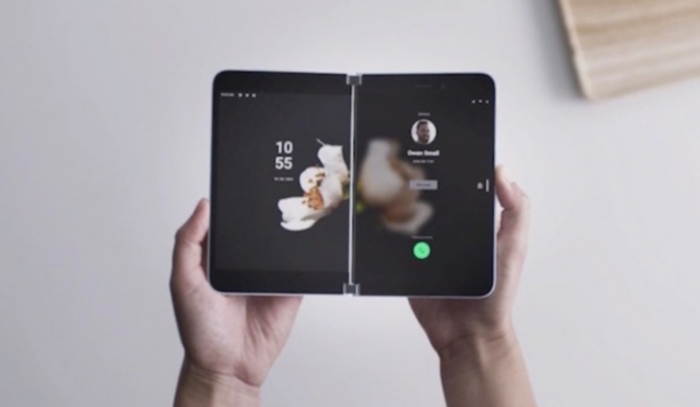
Microsoft’s Surface Duo dual-screen device, which has been previously rumored to be launching this summer, apparently won’t be making its official debut in July. According to Windows Central’s Zac Bowden, Microsoft has changed its initial plans to launch the Surface Duo later this month, though Bowden tweeted that we should still expect to see the device “sometime this summer, just later than originally planned.”
Update on Surface Duo schedule: MS has pushed back internal plans to launch the device later this month. Sounds like it'll still happen sometime this summer, just later than originally planned.
— Zac Bowden (@zacbowden) July 13, 2020
Several Microsoft execs have started teasing the Surface Duo on social media in recent weeks, as seen in this series of tweets from CVP of Communications Frank X. Shaw published on July 10. A month earlier, Chief Product Officer Panos Panay also tweeted a pic of the Surface Duo, adding an “I’m pretty pumped” reply to an enthusiastic tweet about the dual-screen device.
Kalamata olive bread sticks in first rise. pic.twitter.com/XQvC00jgxT
— Frank X. Shaw (@fxshaw) July 9, 2020
It’s clear that we’re getting closer to the launch of Surface Duo, though Microsoft may still be busy optimizing Android for the device, and working with developers to get more third-party apps ready on launch. Last week, we also learned that Microsoft had acquired the operations team from a Finnish company that has been working on the Surface Duo’s Android software.
The Surface Duo will be Microsoft’s first phone since the death of the Lumia family of Windows 10 Mobile handsets, and it will also be the company’s first Android device. Microsoft is doing something unique with the dual-screen hardware, and the company has also optimized Android to allow apps to span across both screens. It remains to be seen how well the device will work in practice, but we shouldn’t have to wait too much longer to finally find out.
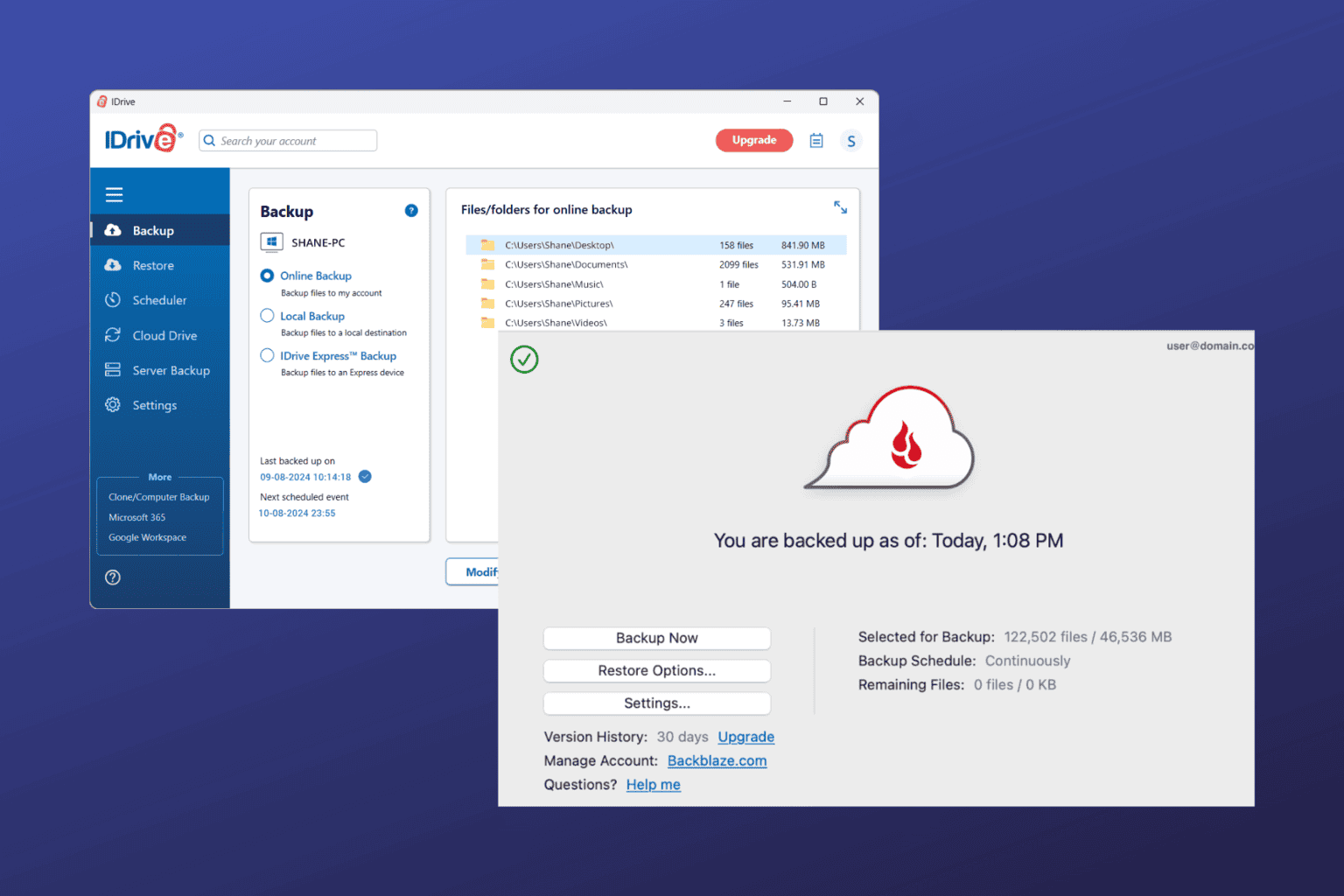
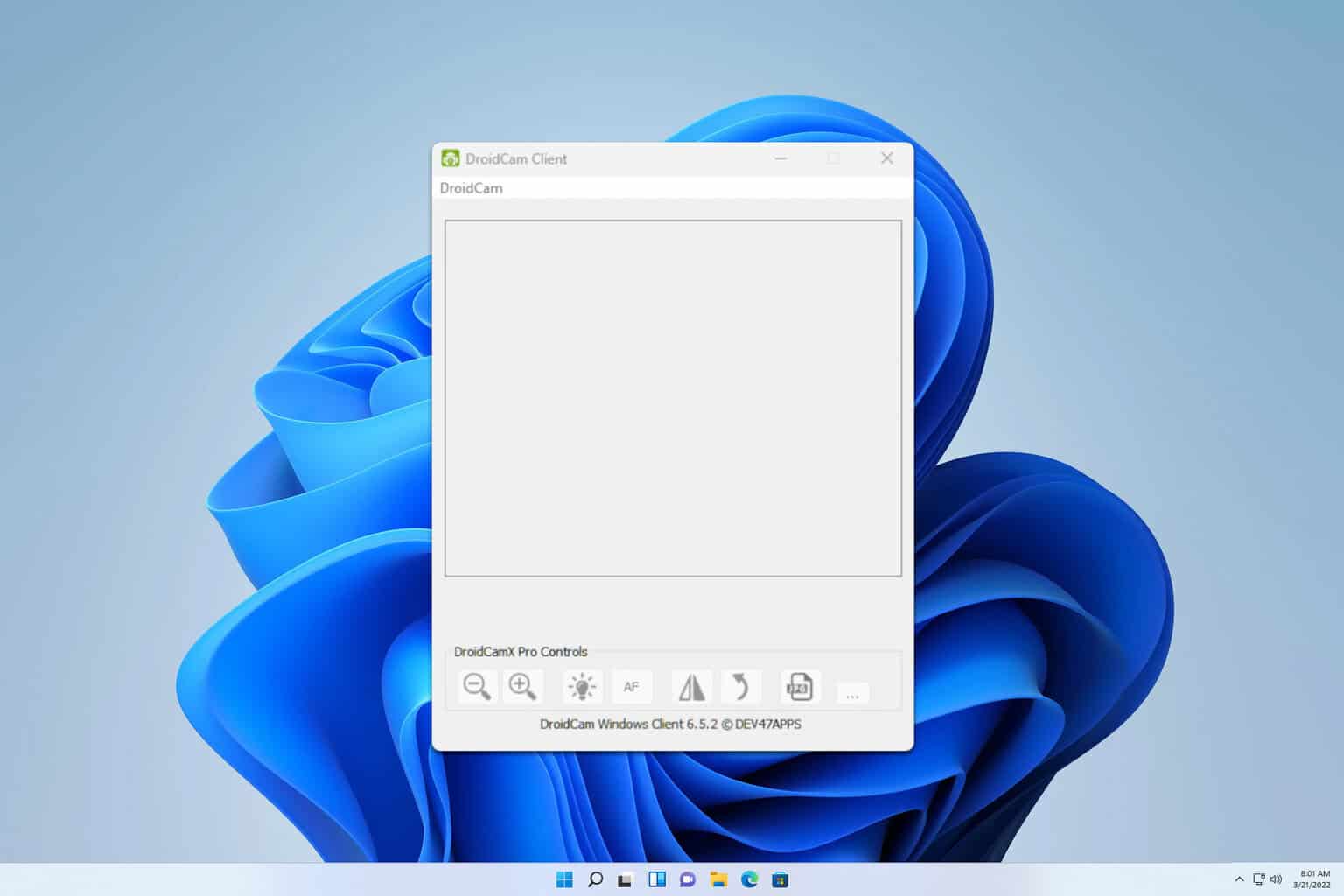
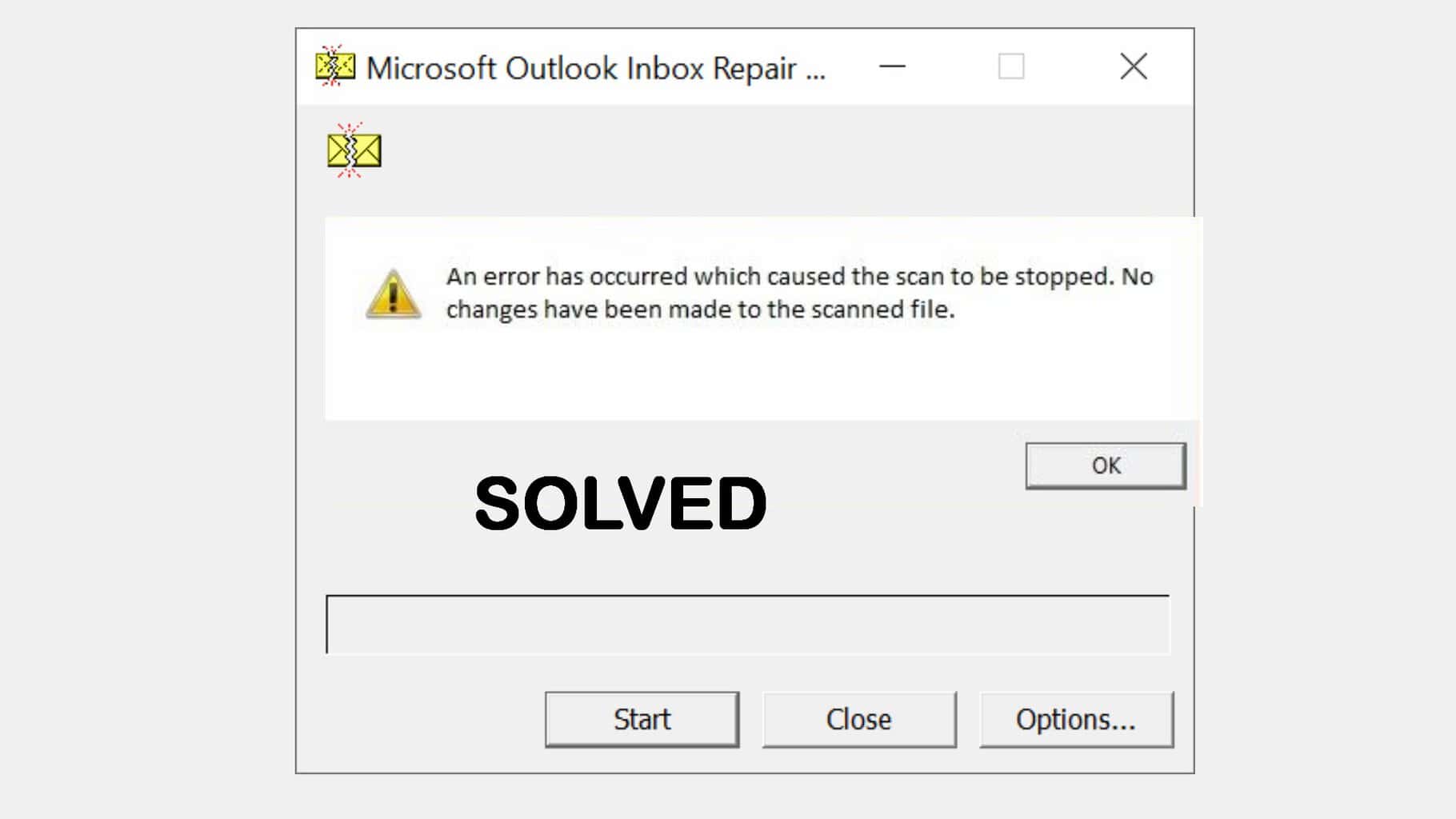


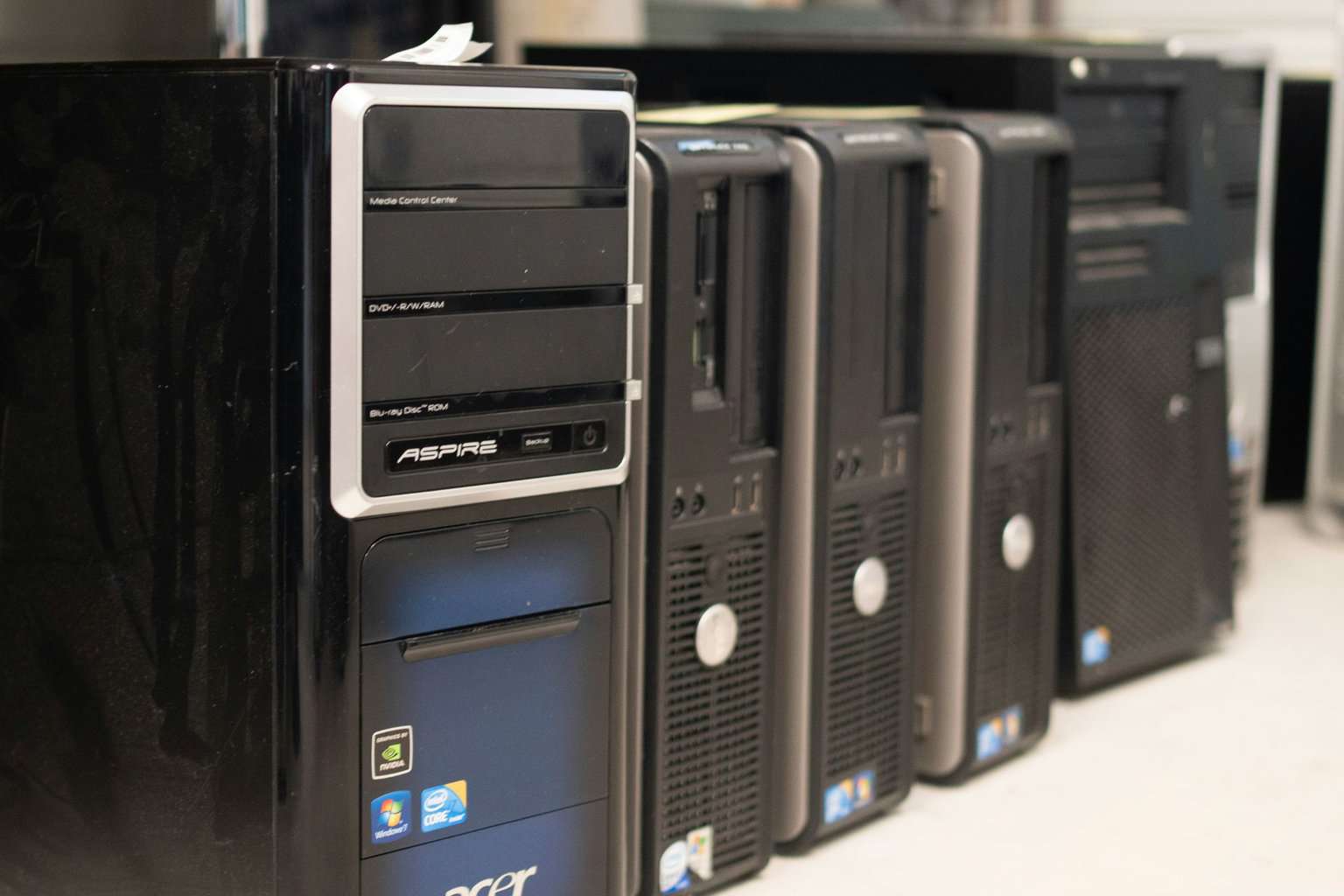
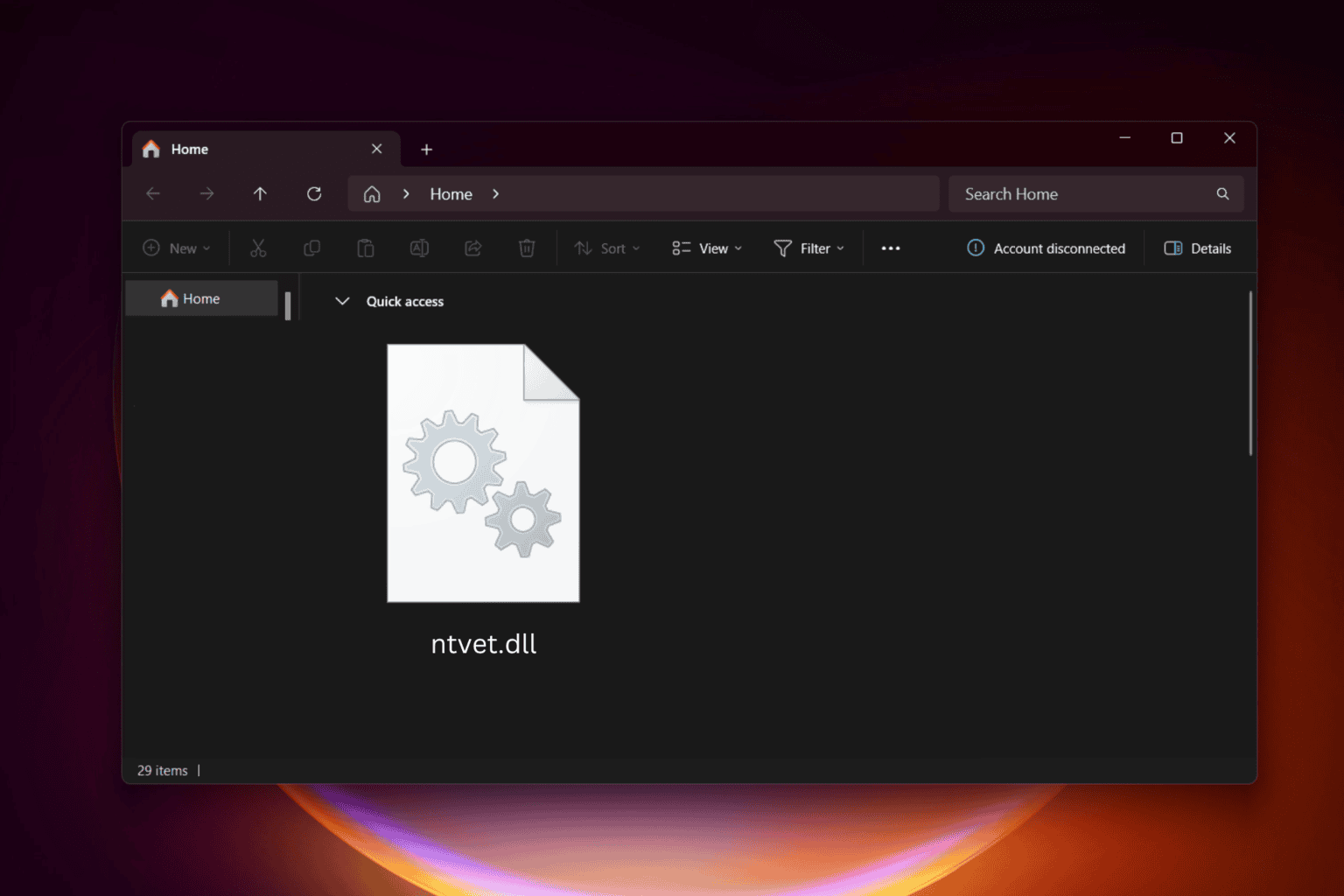
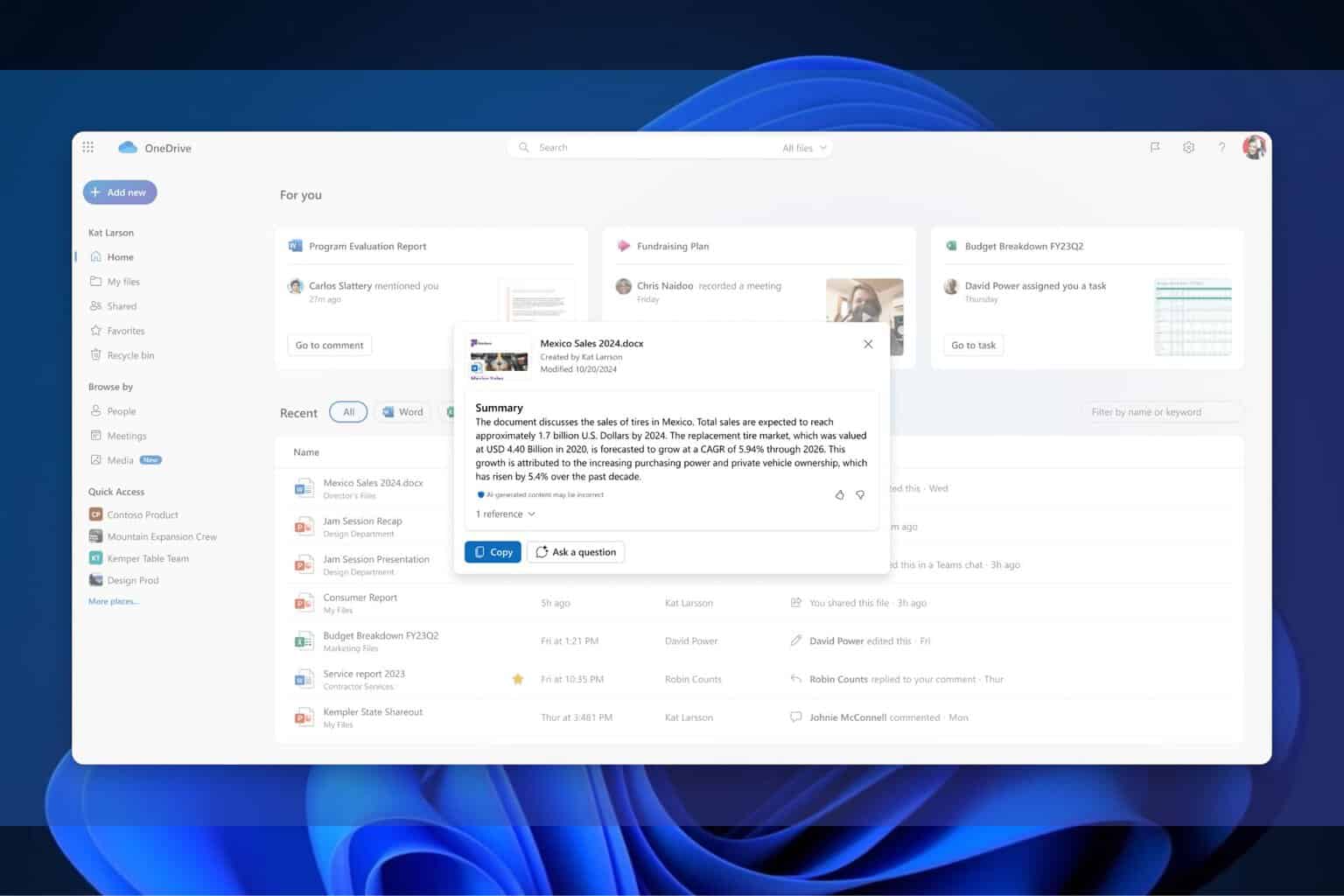
User forum
0 messages